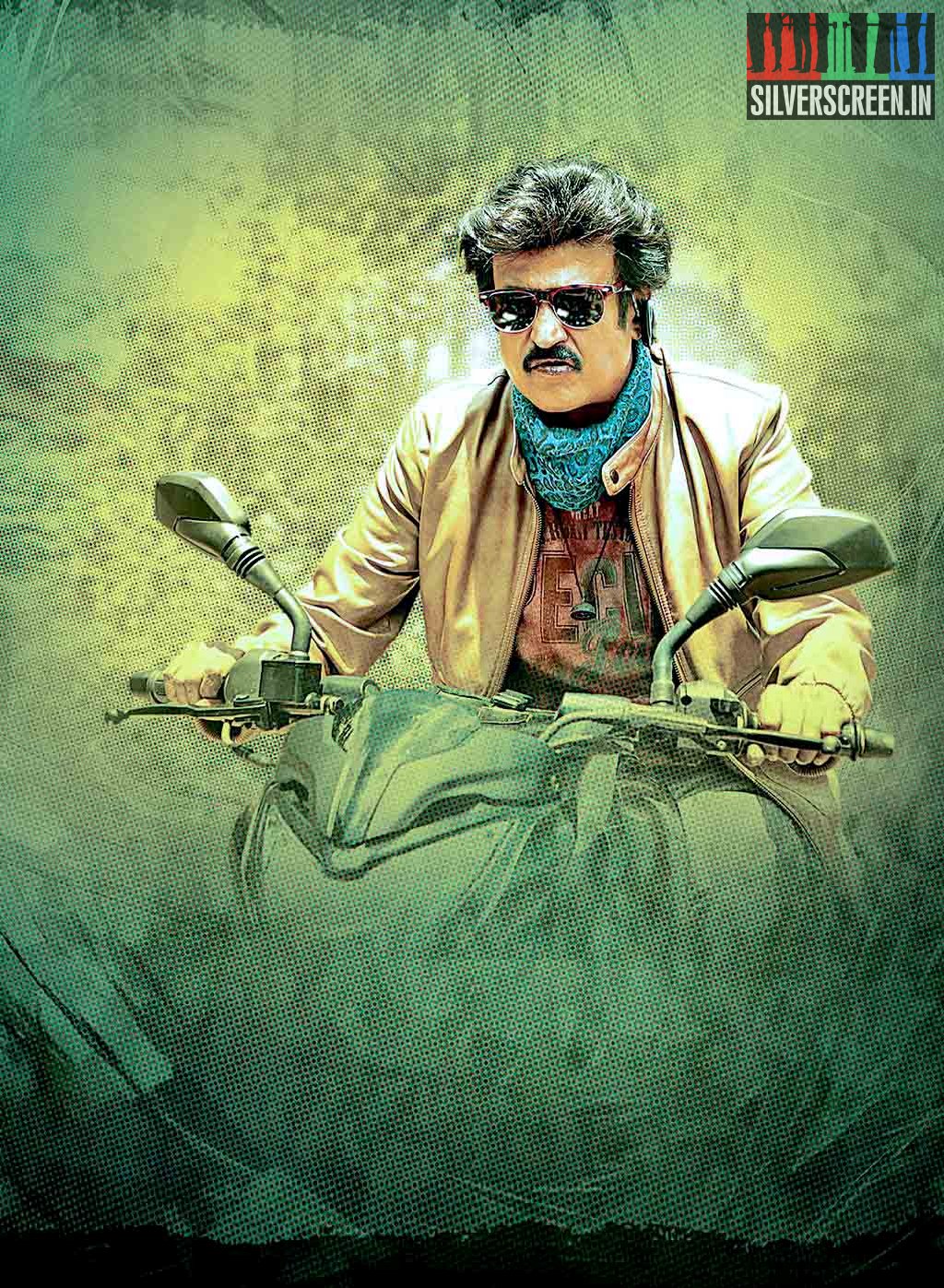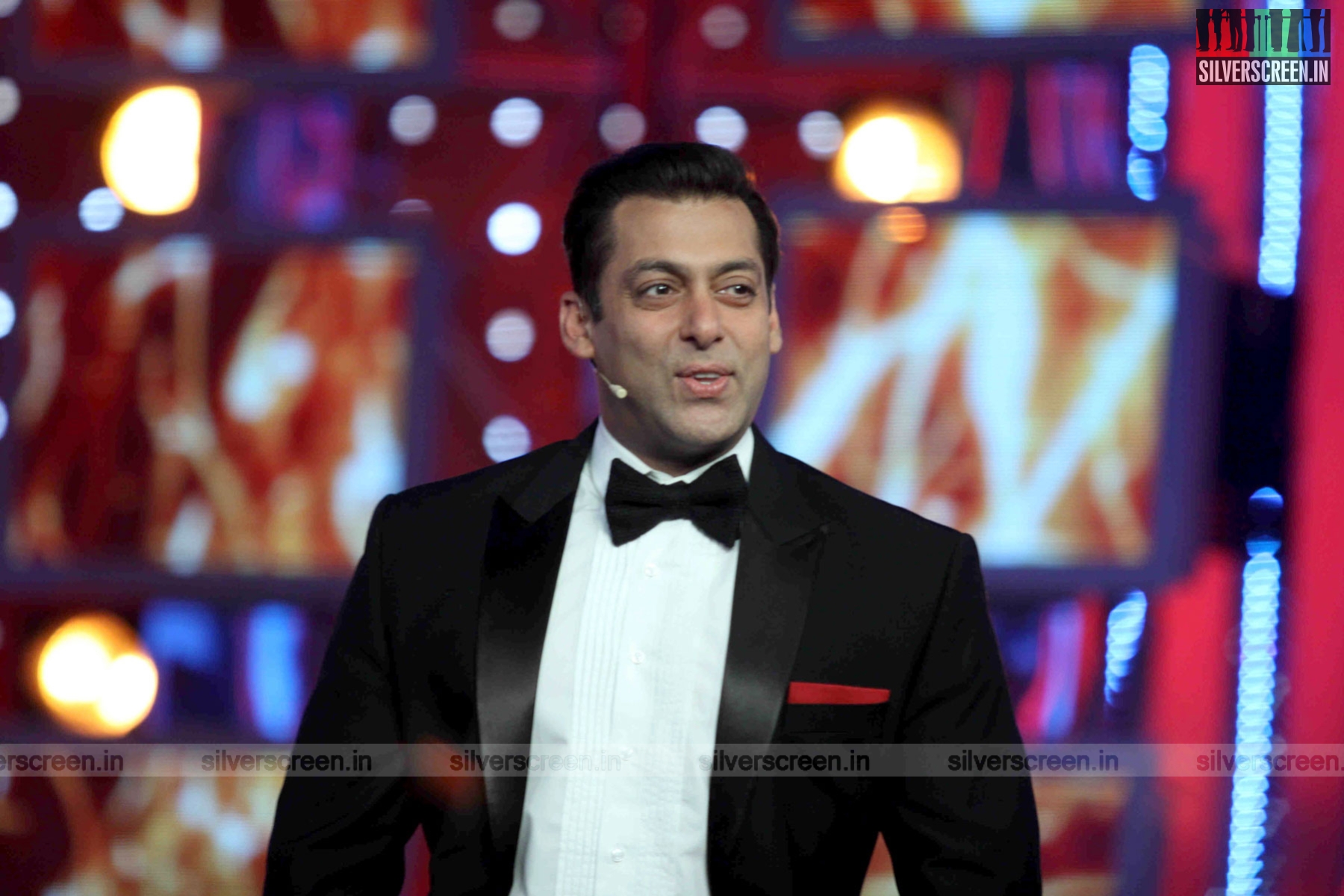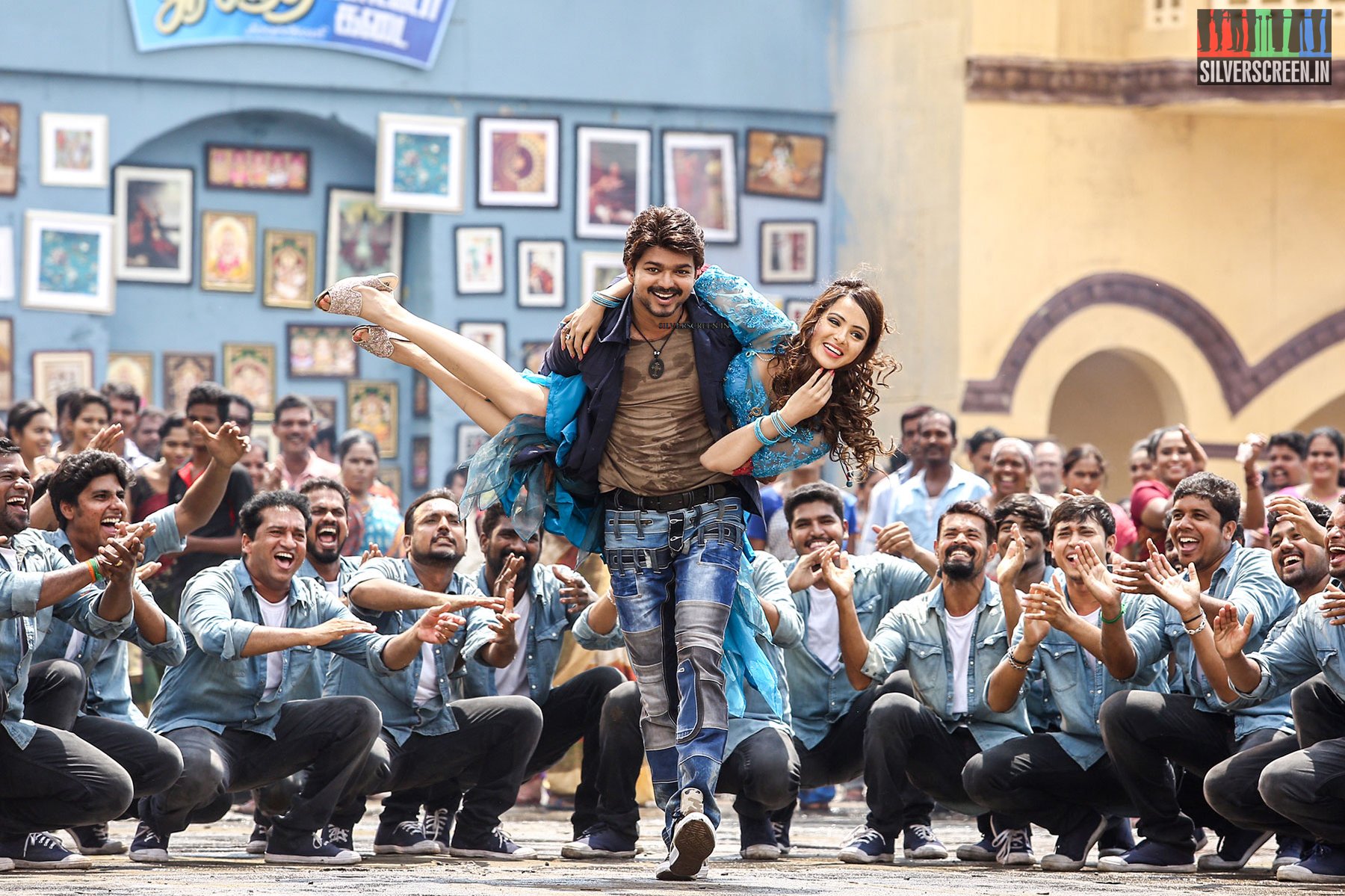Every January, for the past three years, the debate around the Jallikattu ban begins. Stars offer their support. There are arguments about animal cruelty vs Tamil culture on social media. Then, in a few weeks, the media moves on to the next big story. And the issue remains as it is.
This year, things are different.
Thousands of young men and women have congregated in public spaces across Tamil Nadu and elsewhere to ask for a ban on the animal rights organisation PETA. They also want the government to amend the Prevention of Cruelty to Animals Act, a move that would automatically lift the ban on Jallikattu.
Even as Chief Minister O Paneerselvam heads a delegation of 49 AIADMK members to Home Minister Rajnath Singh today, hard-hitting questions are now being raised – about how the rural economy is being destroyed by the ignorance of urban-based groups. And how Jallikattu is defended on the ground of Tamil culture and pride, whereas its real significance lies in its role in the rural economy, that of supporting indigenous cattle.
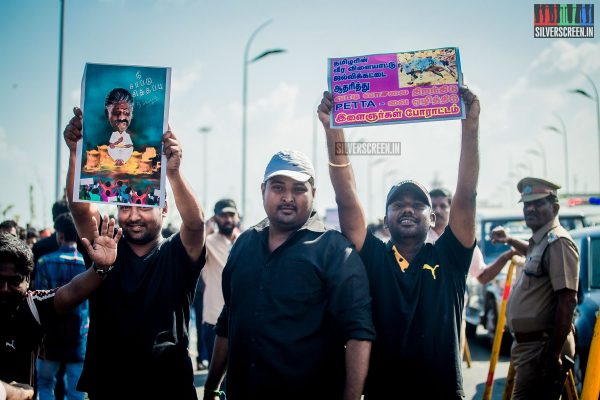
Or as Karthikeya Sivasenapathy of the Senaapathy Kangeyam Cattle Research Foundation tells Caravan magazine, “If there is an economical gain, people will be ready to care for the animals. Have you heard of any NGOs working to conserve sheep or buffaloes? If there is a market, it takes care of itself.”
***
This year there has been a massive outpouring of support from celebrities in the film world. The likes of Vijay, Rajinikanth, Kamal Haasan, Vikram Prabhu, P Vasu, and Ragava Lawrence have all publicly associated themselves with the movement to abolish the ban on Jallikattu.
Others, like Vishal and Arya, appear to have changed their minds. Just a few weeks ago, Arya was heavily criticised for tweeting, “What is jallikattu”. In an interesting turn of events, he announced a film Sandhanadevan, which has its hero taming bulls. Arya also subsequently voiced his support for the sport.
Similarly, Vishal, who supported the ban on Jallikattu a few months ago, recently announced his support for the pro-Jallikattu movement. He has even written to the Prime Minister in an effort to ensure that Jallikattu is held next year.
A Public Relations Officer who reps middle-rung celebrities says that he received calls from several pro-Jallikattu groups asking him to canvass high-profile celebrity support for the cause. He tells Silverscreen, “I know for a fact that there was a highly concentrated movement to get stars like Rajinikanth, Kamal Haasan, Vijay, and Vikram to lend their voice for the movement. From a non-cynical standpoint, maybe some of these stars truly believe the cause behind the Jallikattu protest. But most of them are doing it for the PR.”
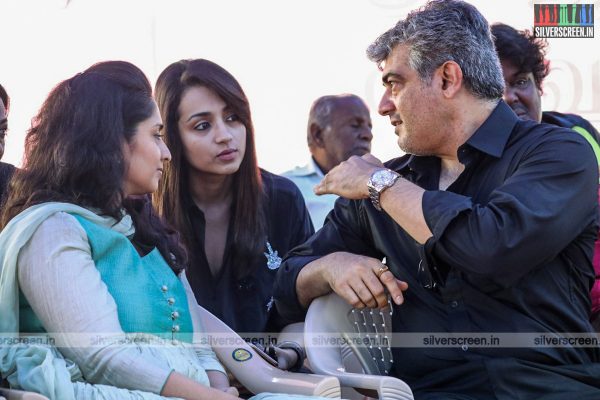
While this cause has united Tamil youth, it has also created an unhealthy climate that allows only one point of view. Anybody who defies the general feeling (“Jallikattu is good”) is quickly branded a traitor and subjected to the worst sort of abuse.
A case in point is actress Trisha Krishnan, who was trolled online for her association with PETA. The actress was forced to cancel her shooting in Erode after a group threatened and harassed her. Likewise, PETA CEO Poorva Joshipura recently revealed that she had received rape threats from the pro-Jallikattu protestors.
***
In an interview with News Minute, Poorva said, “PETA hasn’t banned jallikattu. Jallikattu is banned under Indian law, which has been in place for many years. All PETA can do is to work to make sure animal rights are upheld. As much as the focus on PETA is an honour, the credit is not due to us.”
She also denied claims that PETA was acting on the orders of the Western dairy industry. She says, “Pro-jallikattu advocates…[falsely claim that PETA] is foreign, an advocate of artificial insemination, a promoter of western breeds of cattle, run by multi-national corporations, supported by the western dairy industry, backed by Coca-Cola and Pepsi, spending crores on lawyers, and making other ridiculous and untrue claims. Anyone who knows anything about PETA India knows that we are a vegan advocacy group that actively campaigns against the cruelty of the dairy industry, including its hideously cruel artificial insemination practices and the routine sending of “useless” male calves to slaughter.”
***
However, in a comprehensive article on the impact of the Jallikattu ban on rural livelihoods, Caravan journalist Aparna Karthikeyan argues that animal-rights groups like PETA and AWBI which filed the case that led to the ban “have not engaged with the people most affected by it, or done anything to mitigate the fallout, including the threat to indigenous cattle”. Or as award-winning rural journalist P Sainath says in the article, “This ideological insanity [of banning cattle slaughter and Jallikattu] comes from people who know nothing of cows or their role in the rural economy.”
Interestingly, Karthikeyan argues that even the voices supporting Jallikattu are playing electoral politics (since 60 out of 234 State Assembly constituencies are controlled by the Gounder and Thevar communities, associated with rekla and Jallikattu respectively). In reality, indigenous cow breeds are in danger of disappearing because of state policy which pushed milk production and promoted foreign breeds (like the Jersey or Jersey-cross) which are much more expensive to maintain, but produce more milk.
According to Aparna Karthikeyan, a strong and open beef industry could support indigenous cattle with incentives to keep the animals for more than just their milk, but the political climate is unlikely to allow one. Meanwhile, Karthikeya Sivasenapathy points out that groups like the Animal Welfare Board of India, which campaign for the welfare of animals, have done little to save indigenous cattle from extinction.
He says, “They call themselves ‘animal welfare,’ but I see them as ‘animal welfare’ of the city dogs. You can stop there. You need not poke your nose into the business of people who have been living with domesticated animals for six to seven thousand years.”
***
The movement to remove the ban on Jallikattu is spearheaded by the Tamil Nadu Jallikattu Federation President P Rajasekharan, Karthikeya Sivasenapathy, Himakiran Anugula, and Balakumar Somu.
Rajasekharan, who has been struggling to raise awareness about the Jallikattu issue for a long time, tells Silverscreen, that there is an international nexus working to make Tamil Nadu’s native cattle breed extinct. He says, “When I was young, there used to be around fifty different breeds of cattle. In my grandfather’s time, there were around a hundred. Now there are 37. In my friends’ farms I have seen native breeds being slowly edged out by Jersey cows. I have seen foreign methods taking over the natural ones. In my son’s time, our native breed will become ten. And then, zero. This is the sort of climax I want to prevent.”
According to Rajasekharan, PETA is complicit in this process of replacing Indian breeds with genetically engineered foreign ones. He says, “The proteins present in our cows are good for us. You know the old saying, we should eat what grows in our land. Same way, we should drink the milk from the cows that are the natives of this land. Not from other country cows. PETA has no business interfering in customs and traditions of a country. ”
Rajasekharan says, “After 1998, the year that PETA came to India, 60 percent of our native bull breeds have become extinct. This is a direct reflection of the tactics of PETA.”
Muralidharan, a former member of PETA, has also slammed the organisation. “PETA, PFA, AWBI, and HSI are all hand-in-glove with each other. AWBI is controlled by one family – Chinny Krishna and Nandita Krishna. They in turn hold the power to recognise NGOs. PETA’s head Poorva Joshipura, a foreign national, is a member of AWBI. They all lobby with major celebrities, stars, and cricketers to help sell their ideology to the public.”
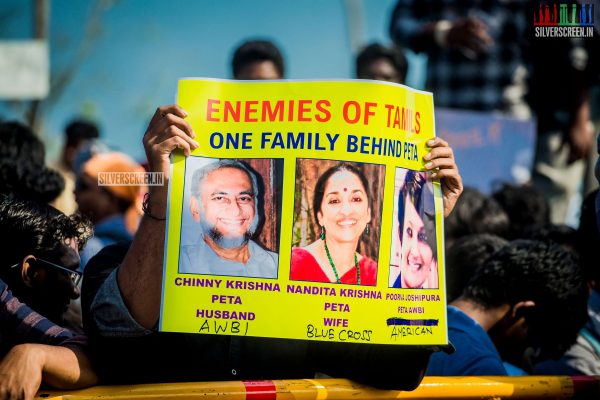
Last year, Balasekhar Somu and Karthikeya Sivasenapathy held a press meet to talk to the public about the many holes in PETA’s argument, “The original petition to ban Jallikattu was put forward by People For Animals, Animal Welfare Board Of India, and Humane Society Of India. They presented their arguments, in which they said that bulls were tortured during Jallikattu. And that bulls are naturally peace-loving animals who do not have the aggression of tigers or lions. And to this end, to avoid any more damage or violence, they asked for a ban.”
All efforts to repeal the ban since then have been half-hearted. Karthikeya Sivasenapathy says, “Last year, when they tried to remove bulls from the list of performing animals, a group of lawyers told the government that this wouldn’t hold up in court. The Ministry of Environment’s arguments were facile. True to our words, PETA and AWBI’s army of lawyers went to court and decimated the Ministry’s suggestions. The case lasted all of five minutes in court.” While pro-Jallikattu lawyers argued that the sport was traditional, PETA lawyers successfully argued that many traditional practices (like child marriage) had been outlawed.
***
For Karthikeya, the decision was indicative of the Ministry’s reluctance to engage with the Jallikattu issue. “An MNC holds the patent to Bos taurus. In our country, native breeds (Bos indicus) are the property of the people. They are not owned by companies or organisations. India is the world’s largest producer of milk, and so foreign companies want to make profit off of us. To do this, they need to decimate our native bull and cow breeds and introduce the one they hold patent over.”
“To this end, they’ve enlisted PETA, AWBI, and PFA to help them in dominating the milk production scene in India. Any and all arguments from these bodies, who are working for foreign powers is not for the good of the country.”
***
Muralidharan is appreciative of the measures undertaken by the BiCCI to help the cause. “Just like PETA pulls in celebrities to help their many nefarious causes, these people have found the right icons to help promote the cause of Jallikattu. You fight fire with fire.”
However, Muralidharan acknowledges the extent to which the Jallikattu debate has become aggressive and misogynistic. He says, “The atmosphere is unhealthy, yes. But targets are being achieved. PETA is not as holier than thou as they show themselves to be. That’s the point that is being proved here. But there are people who get caught in the middle of this. They’re the ones who become fair game.”
Recommended
Karthikeya Senapathy too requested supporters of the sport to refrain from mistreating those who didn’t support the cause.
While the pushback against urban-centric NGOs like PETA and the Tamil Nadu government’s rural policies is welcome, what’s not good is how celebrities are being forced to take a one-dimensional stand. Even the slightest perceived contrary opinion has been criticised. As has silence. Stars like Ajith who haven’t expressed an opinion have been criticised relentlessly.
Meanwhile, the agitating students have been adamant about this being their fight, and have turned actors away. Celebrities caught in a bind have had to dance around offering enough support to avoid the anger of supporters, while staying far enough away that they aren’t being seen as hijacking the protest.
*****

